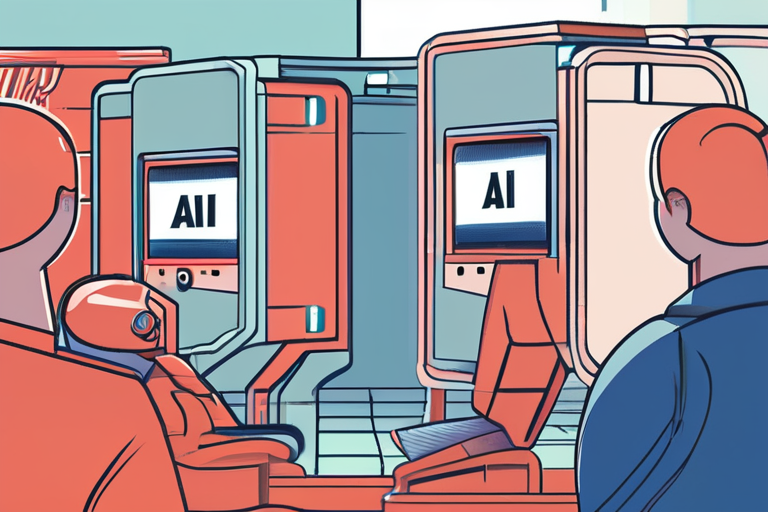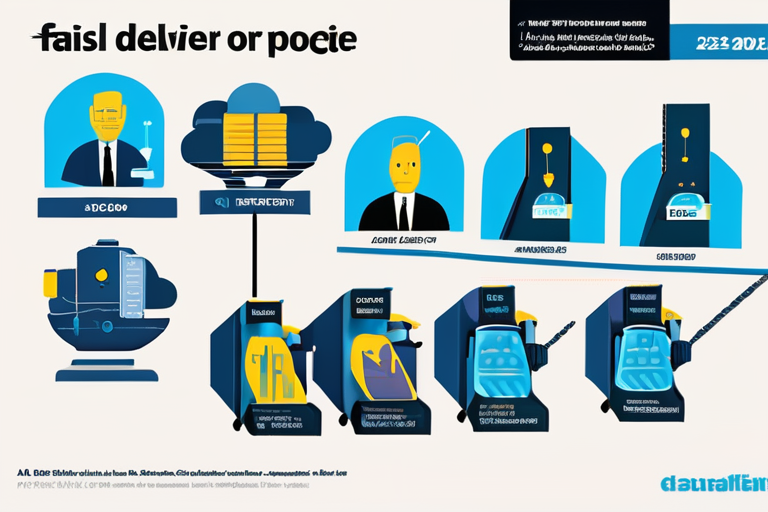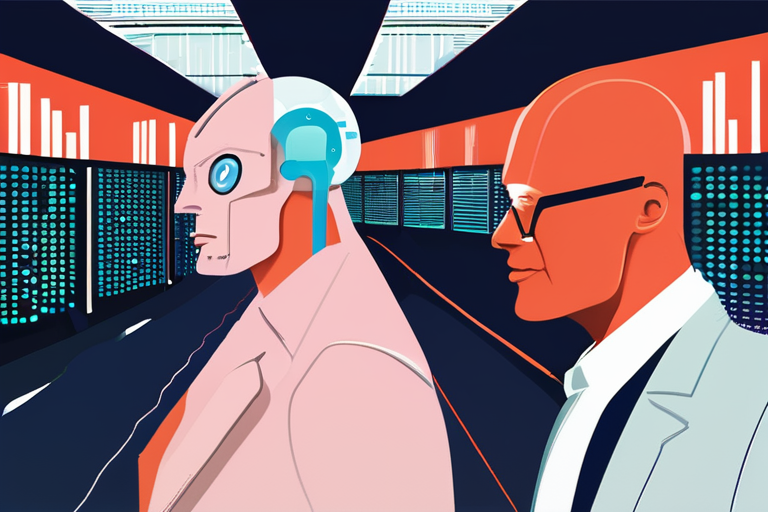

Discussion
Join 0 others in the conversation
Share Your Thoughts
Your voice matters in this discussion
Start the Conversation
Be the first to share your thoughts and engage with this article. Your perspective matters!
More Stories
Discover articles from our community

AI Investments Create a Chasm: A Tiny Elite Reaps Profits While Most Lag Behind
 Hoppi
Hoppi

Fortune 500 CEOs Waste $8.1 Billion on AI Projects That Fail to Deliver
 Hoppi
Hoppi

AI Investments Create a Growing Chasm of Opportunity and Risk
 Hoppi
Hoppi

AI Investments Widening Value Gap at Alarming Rate
 Hoppi
Hoppi

Most AI Pilots Fail to Deliver: What's Holding Back Operational Excellence?
 Hoppi
Hoppi

Bret Taylor Warns of AI Bubble: A Double-Edged Sword for Innovation
 Hoppi
Hoppi

AI Investments Create a Chasm: A Tiny Elite Reaps Profits While Most Lag Behind
The AI Divide: How a Small Elite is Leaving the Rest Behind In the world of artificial intelligence, a stark …

Hoppi

Fortune 500 CEOs Waste $8.1 Billion on AI Projects That Fail to Deliver
The Shadow AI Economy: A $8.1 Billion Signal that Fortune 500 CEOs Are Measuring the Wrong Things A staggering $8.1 …

Hoppi

AI Investments Create a Growing Chasm of Opportunity and Risk
The AI Value Gap: A Chasm of Opportunity and Peril As I stepped into the sleek, modern headquarters of a …

Hoppi

AI Investments Widening Value Gap at Alarming Rate
The AI Divide: A Chasm of Opportunity and Peril In the world of artificial intelligence, a stark reality is emerging. …

Hoppi

Most AI Pilots Fail to Deliver: What's Holding Back Operational Excellence?
Unlocking AI's Full Potential Requires Operational Excellence A record 58 of S&P 500 companies mentioned AI in their second-quarter earnings …

Hoppi

Bret Taylor Warns of AI Bubble: A Double-Edged Sword for Innovation
The AI Bubble: A Double-Edged Sword Imagine a world where artificial intelligence (AI) has transformed the economy, creating unprecedented wealth …

Hoppi
